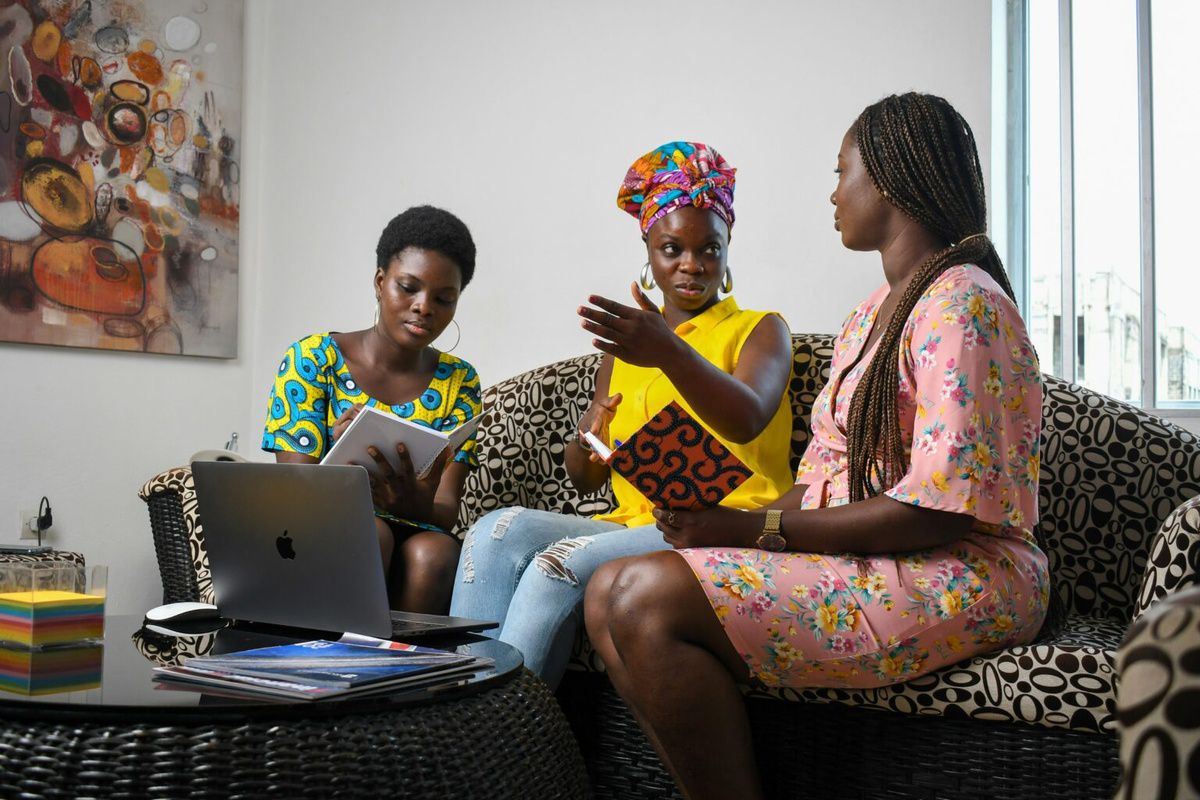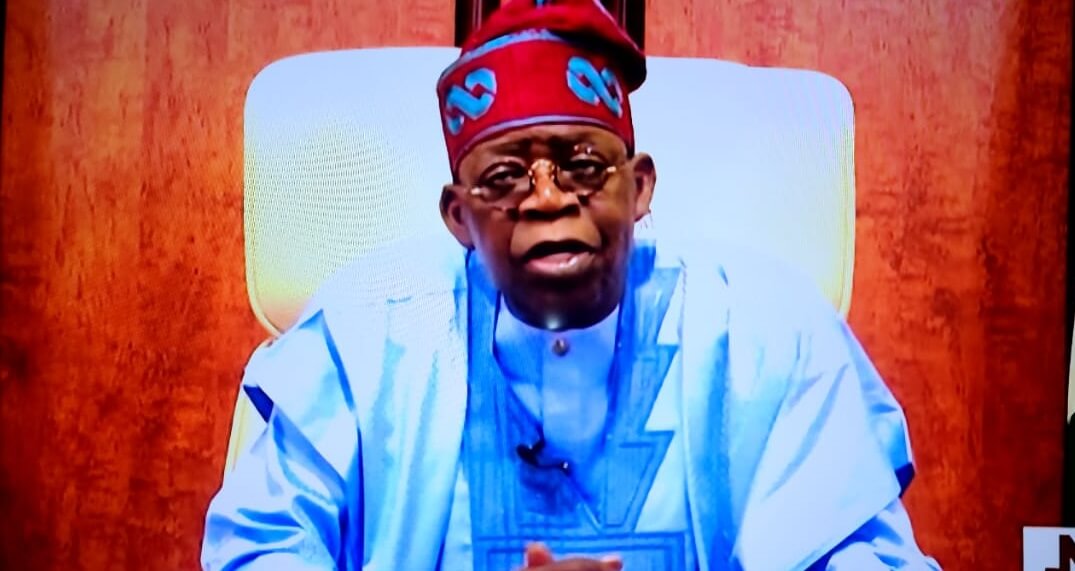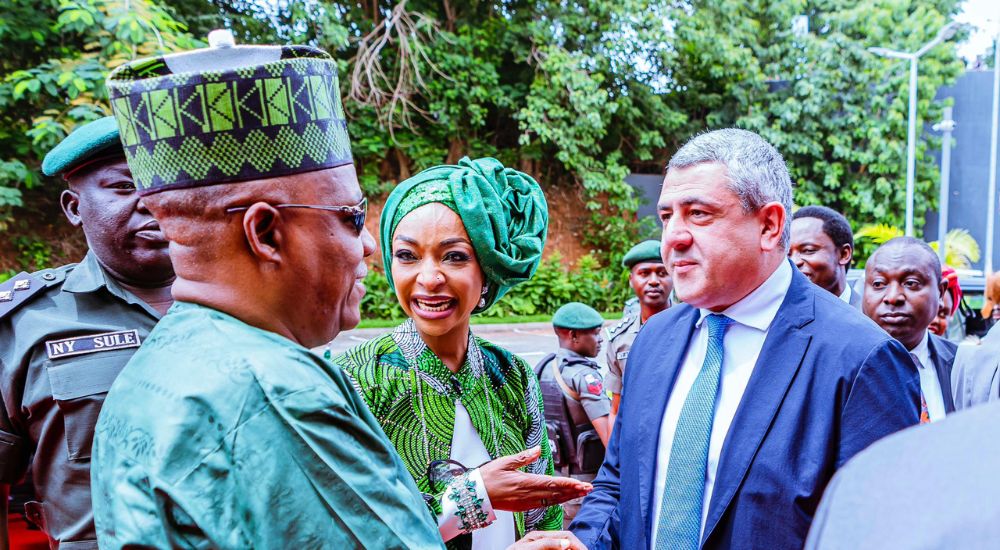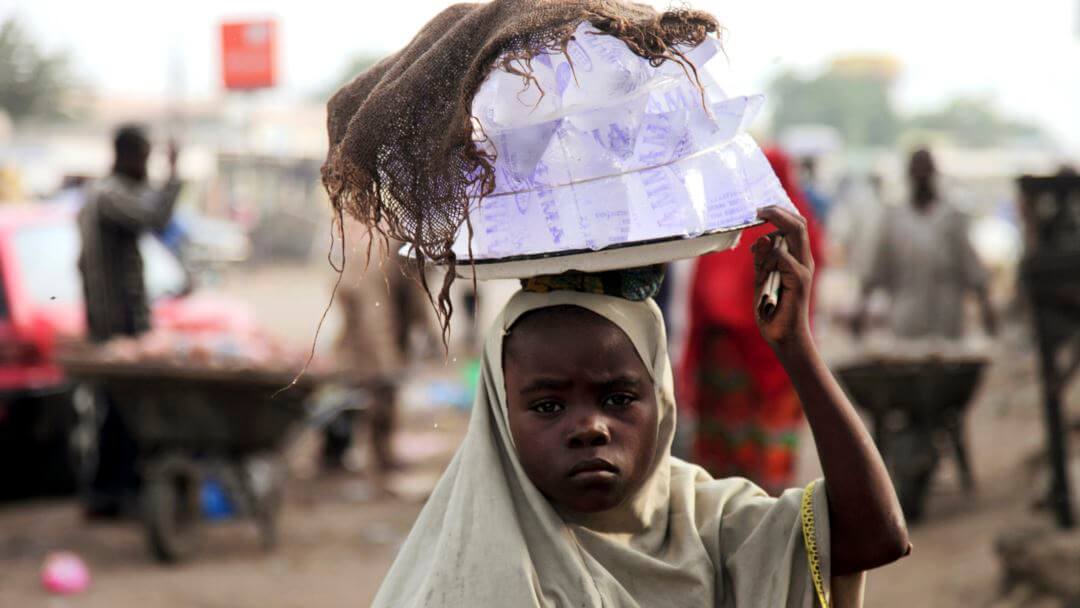Journalists, Security Agencies Seek Common Ground To Tackle Cybersecurity, Other Challenges

In an era where digital rights and press freedom face increasing threats, journalists and security agencies in Nigeria convened for a two-day training aimed at fostering collaboration and addressing challenges in the digital space.
The training, themed “E-Rights: Enhancing Digital Rights in Nigeria,” was hosted by Avocats Sans Frontières France (ASF France) in collaboration with CITAD, UNESCO, and the European Union.
Representing the Inspector General of Police, Commissioner of Police, Uche Ifeanyi Henry, who spoke on balancing security and press freedom in the digital age, highlighted the complex relationship between security agencies and the media. He stressed that both institutions serve vital democratic functions.
“Journalists are the watchdogs of society, ensuring transparency and accountability. However, with the rapid advancement of technology and rising cyber threats, ensuring the right to report freely while combating misinformation has become increasingly challenging,” Henry stated.
He highlighted the necessity of a balanced approach to cybersecurity enforcement, stressing that while security agencies have a duty to protect national interests, they must also respect digital rights and freedom of expression.

He advocated continuous training of security personnel on press freedom and e-rights, strengthening media literacy programs to empower citizens against misinformation, developing clear and inclusive regulatory frameworks that protect press freedom while addressing harmful digital content and,
The CP reaffirmed the Nigeria Police Force National Cybercrime Center (NPF-NCCC)’s commitment to protecting journalists from cyber threats and ensuring a safer digital space for free expression.
“Together, we can create an environment where the press operates without fear of harassment while maintaining a secure digital ecosystem,” he added.
While speaking, ASF France’s Country Director, Angela Uwandu Uzoma-Iwuchukwu, stressed the growing challenges journalists face in Nigeria’s digital space.
“The protection of digital rights is essential. We know that a free and independent press is vital to democracy, yet Nigerian journalists continue to face harassment both online and offline. These rights must be safeguarded across all platforms,” she said.
Uzoma-Iwuchukwu challenged both journalists and security agencies to change their perceptions of each other.
“There is a need for a shift in mindset. Law enforcement agencies must not see journalists as adversaries, and journalists must also recognize the security agencies’ role in maintaining order. The two groups must collaborate to strengthen democracy,” she added.

She called for urgent legal reforms to prevent the misuse of laws, such as the Cybercrime Act, against journalists.
On her part, the Deputy Director of the Centre for Journalism Innovation and Development (CJID), Busola Ajibola, provided statistics on press repression in Nigeria.
“Since 2023, we have recorded over 135 attacks on journalists, with at least 11 cases linked to the Cybercrime Act. Even factual reporting does not necessarily protect journalists under these repressive laws,” she noted.
She cited the case of a TVC journalist covering Nnamdi Kanu’s trial, who was locked out of the courtroom and had his equipment seized.
“There must be a shift. Security agencies must recognize that journalists are not enemies of the state but are constitutionally empowered to hold power to account,” Ajibola urged.
The training also featured legal and cybersecurity experts who provided insights into safeguarding press freedom and protecting digital rights.
Barrister Chinaecherem Nwaubani delivered an overview of national and international legal frameworks governing press freedom.
Collins Maidoh-Anene presented strategies for defending digital rights.
Qasim Olalere Akinreti, Acting Director of Digital Media at Voice of Nigeria and former Chairman of the Nigeria Union of Journalists (NUJ), Lagos State Council, shared perspectives on digital media trends and press protection mechanisms.
Dr Iheanyi Nwankwo and Chinwe Ogbujah share insights on cybersecurity, basic online tools, and internet security relevant to journalists.
The training ended with participants receiving certificates, which signifies their commitment to upholding press freedom and responsible journalism in the digital era.
Journalists, Security Agencies Seek Common Ground To Tackle Cybersecurity, Other Challenges is first published on The Whistler Newspaper




